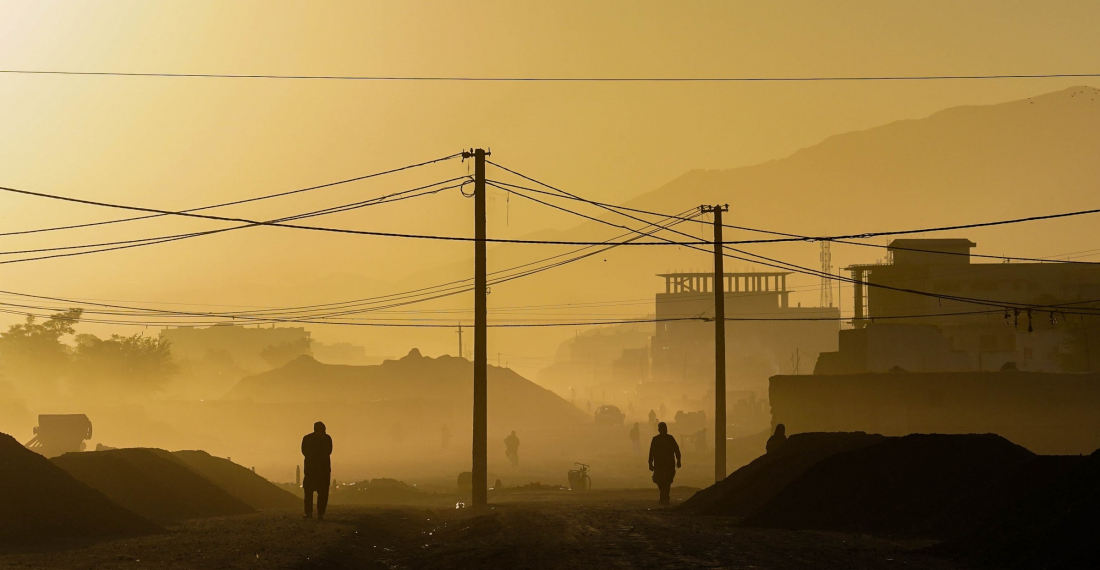In north-western Afghanistan, a minibus carrying civilian passengers was hit by a landmine on Saturday (5 June), killing eleven civilians, including children, Afghan officials said Sunday.
Responsibility has not been claimed, but the authorities accuse the Taliban of placing the landmine. The Taliban denied any involvement.
Large parts of Afghanistan are littered with landmines and unexploded remnants of war. Despite the military purpose of the landmines, the victims are often civilians, including children.
The United Nations has repeatedly demanded that both government forces and the Taliban take more precautions to protect civilians. In the first three months of this year, the U.N. mission in Afghanistan said that 1,783 civilians had been killed or wounded in Afghanistan, an increase of 29 per cent over the same period last year.







